With today’s liturgical commemoration of St Philip according to the Byzantine Catholic Church, the Nativity fast begins, thus preparing us for the feast of the Incarnation.
In today’s Gospel, Jesus calls Phillip, who immediately follows him. He then brings his friend Nathaniel to Jesus, “We have found the one about whom Moses wrote in the law, and also the prophets, Jesus son of Joseph, from Nazareth. (John 1:45)”
This is the feast to begin our Christmas preparation. Phillip leads us to the one true Messiah, the child born of Mary in Bethlehem. The child “who, though he was in the form of God, did not regard equality with God something to be grasped. Rather, he emptied himself, taking the form of a slave, coming in human likeness and found human in appearance, he humbled himself, becoming obedient to death, even death on a cross. (Phillipians 2:6-8)
It was not until he was to be arrested and executed, that Phillip understood the totality of the mystery he discovered. At the Last Supper, Phillip asked Jesus, “Master, show us the Father,” Jesus said to him, “Have I been with you for so long a time and you still do not know me, Phillip? Whoever has seen me has seen the Father.” (John 14:9)
Every Christmas journey, we should become a more faithful follower of Jesus, especially in these days.
Meditation by Archpriest David Petras
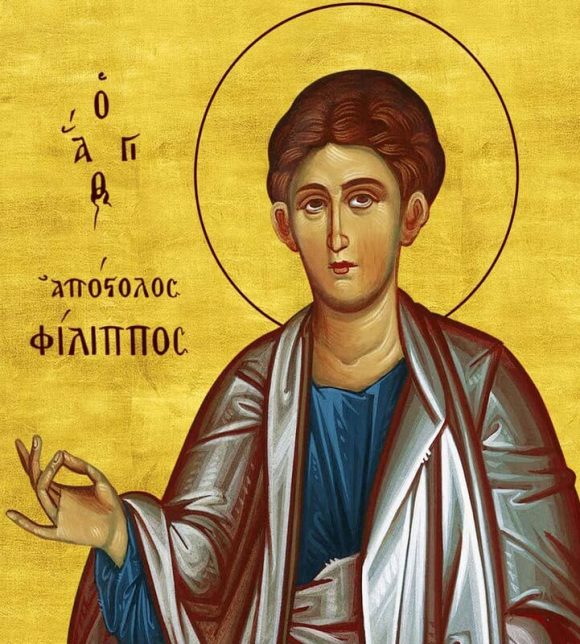
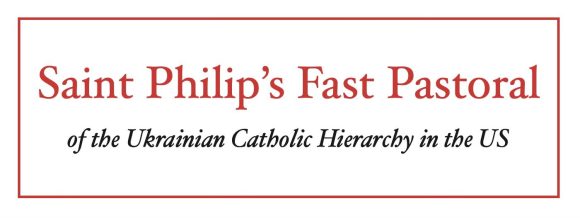
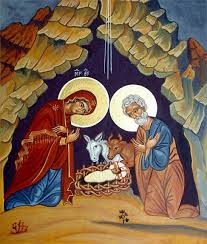 Lord Jesus, You have come so many times to us and found no resting place; forgive us for our overcrowded lives, our vain haste, and our preoccupation with self. Come again, O Lord, and though our hearts are a jumble of voices and our minds overlaid with many fears, find a place however humble, where You can begin to work Your wonder as You create peace and joy within us. If in some hidden corner, in some out-of-the-way spot, we can clear away the clutter and shut out the noise and darkness, come be born again in us, and we shall kneel in perfect peace with the wisest and humblest of men.
Lord Jesus, You have come so many times to us and found no resting place; forgive us for our overcrowded lives, our vain haste, and our preoccupation with self. Come again, O Lord, and though our hearts are a jumble of voices and our minds overlaid with many fears, find a place however humble, where You can begin to work Your wonder as You create peace and joy within us. If in some hidden corner, in some out-of-the-way spot, we can clear away the clutter and shut out the noise and darkness, come be born again in us, and we shall kneel in perfect peace with the wisest and humblest of men.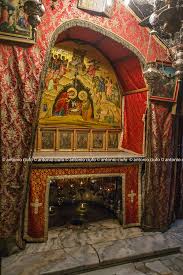 All Christian churches prepare for the feast of the birth of Christ by some sort of period of penance. The Western church calls this the period of Advent, connected with the Latin word for “come,” since we are waiting for Christ to come into our lives. We may be celebrating an event in the past, the birth of Jesus, the first coming of God into our world, but we are also celebrating the present, God coming into our own lives and into the world of today, and the future expectation of Christ’s second coming, when he will come in glory to judge tote world in righteousness.
All Christian churches prepare for the feast of the birth of Christ by some sort of period of penance. The Western church calls this the period of Advent, connected with the Latin word for “come,” since we are waiting for Christ to come into our lives. We may be celebrating an event in the past, the birth of Jesus, the first coming of God into our world, but we are also celebrating the present, God coming into our own lives and into the world of today, and the future expectation of Christ’s second coming, when he will come in glory to judge tote world in righteousness.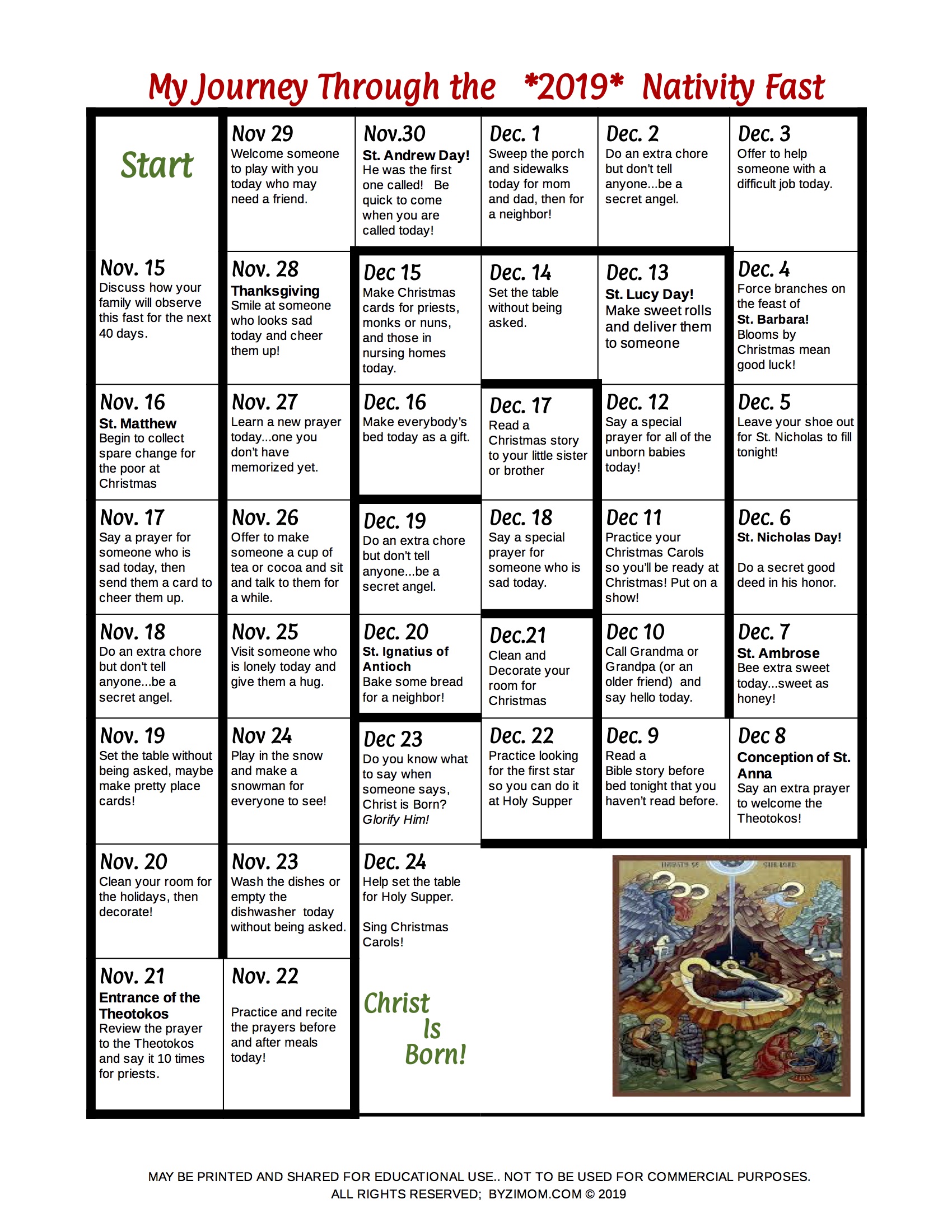 The Advent/Nativity Fast journey has begun! See how this journey unfolds on a daily basis by walking this calendar to Christmas. Follow the Nativity calendar with your spouse and
The Advent/Nativity Fast journey has begun! See how this journey unfolds on a daily basis by walking this calendar to Christmas. Follow the Nativity calendar with your spouse and